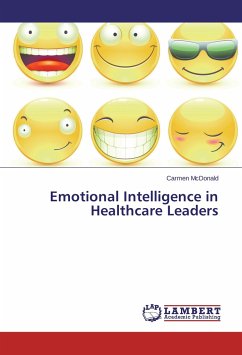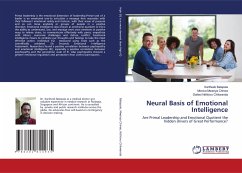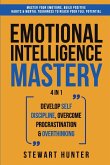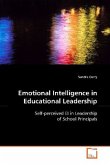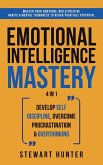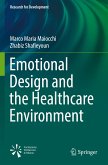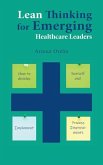The healthcare industry evolved on March 23, 2010, when the Affordable Care Act (ACA) was signed into law. The general problem prompting the need for this study was that healthcare workers are affected by patient and family anxiety, evolving evidence-based practices and treatments, and regulatory complexities. Outdated managerial skills with leaders lacking emotional intelligence may produce employee dissatisfaction, and satisfied workers may influence the quality of care and patient satisfaction. The purpose of this study was to examine the relationship between senior healthcare leaders' EI and employee satisfaction. EI theory was the conceptual foundation for this research. This quantitative study used a survey to collect EI scores from 25 senior healthcare executives using the Mayer-Salovey-Caruso Emotional Intelligence Test (MSCEIT) and employee satisfaction scores from the Press Ganey Employee Voice Solution Survey collected by their organizations. Data were analysed using Pearson correlations, independent sample t tests, and ANOVAs to test the variables of EI and employee satisfaction.
Bitte wählen Sie Ihr Anliegen aus.
Rechnungen
Retourenschein anfordern
Bestellstatus
Storno

